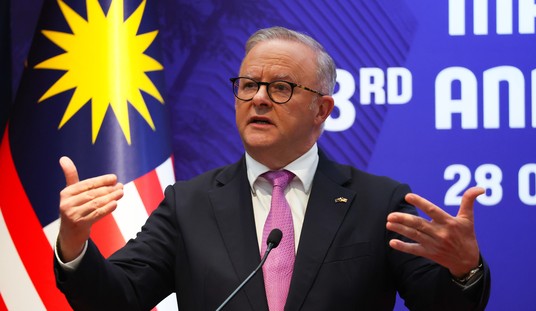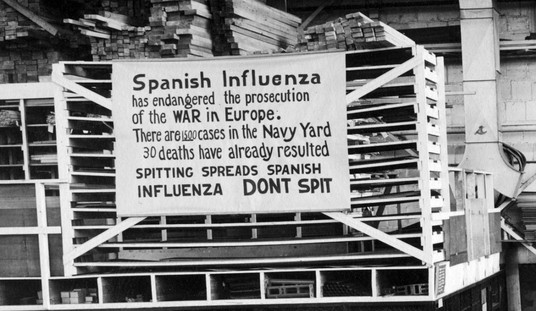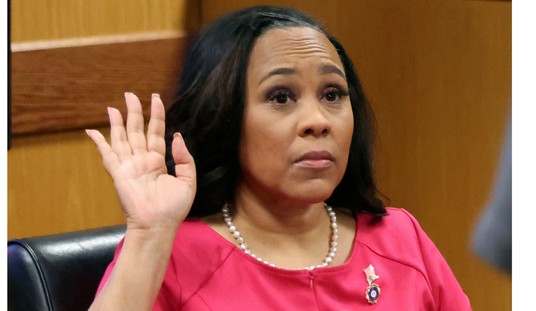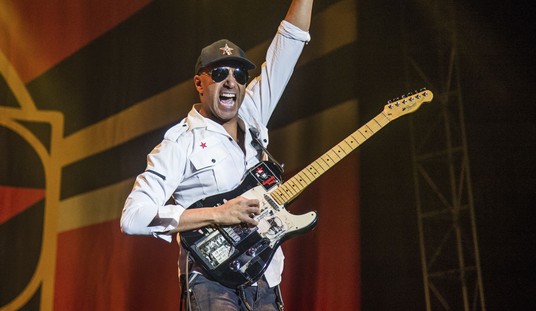The one result that the UK dreaded has apparently come to pass. The Conservative Party won a plurality of seats in parliamentary elections yesterday, but they cannot claim a majority. Labour suffered an embarrassing defeat and the Liberal Democrats did much worse than expected after a surprise showing by their party leader, Nick Clegg, during the debates. That doesn’t mean the Tories will control the next government, however, and it’s more likely that another election will soon be required.
First, though, it does appear that David Cameron will have an opportunity to form a government first, as Clegg insists that Conservatives won the right to try:
Shortly after the news that the UK had its first hung parliament since 1974, the Liberal Democrat leader said that the Tories should now prove that they are “capable of seeking to govern the national interest”.
Mr Clegg’s comments appear to put to an end the possiblity of a Lib Dem and Labour coalition. …
Mr Clegg said: “I have said that whichever party gets the most votes and the most seats has the first right to seek to govern, either on its own or by reaching out to other parties and I stick to that view,” said the Lib Dem leader.
“I think it is now for the Conservative Party to prove that it is capable of seeking to govern in the national interest.”
It could be days before the final make-up of government is decided. David Cameron has made no formal statement since the poll closed but had previously said he was “happy to talk” with other parties, including the Liberal Democrat leader, according to Michael Gove the shadow education secretary.
Some had wondered whether Clegg himself would win the right to form a government. Clegg, whom some called the “British Obama” for his campaign style and attractiveness to the youth vote, had set expectations high for the LDs, but in the end they wound up on the margins with only 53 votes. That helped Labour avoid a humiliating descent, but Gordon Brown’s party still had its worst election in more than two decades.
The British electorate clearly wanted an end to the Brown government, but perhaps didn’t quite get sold on Cameron. That puts the Tory leader in a tough position. At best, he’ll come up one shy of a majority, and potentially ten seats short of actual control. That will mean that he will have to have the explicit backing of either Labour or LD, or convince a few of their members to vote in support of his government. He has to get that together just to form the next government, which will require a majority vote in Parliament.
Let’s say he manages to succeed. How long can Cameron count on that kind of fragile coalition to hold together? He may surprise, but it seems more likely that the first tough vote on budgets or other policy will end up being a no-confidence vote that will bring another election. The other option would be for the two other parties to form a coalition, one that may be more natural than a partnership between Conservatives and either of them, but that would mean that the two parties explicitly rejected by the majority of voters in the election would then govern their country, a rather untenable position for the long term as well.
I’d guess that we’ll see a fresh election within a year, perhaps sooner.








Join the conversation as a VIP Member